Catalina Bunge
Abject Subject
Co-curated: Catalina Bunge, Yusra Ali, Jana Hess, Hannah Cattarin
Artists: Sarah Maple, Laís Pontes, Milagros de la Torre, Melanie Bonajo, Jessica Lagunas, Natasha Caruana.
Location: Art Exchange Gallery, Essex, Colchester, UK.
Date: 21 May - 20 June 2015
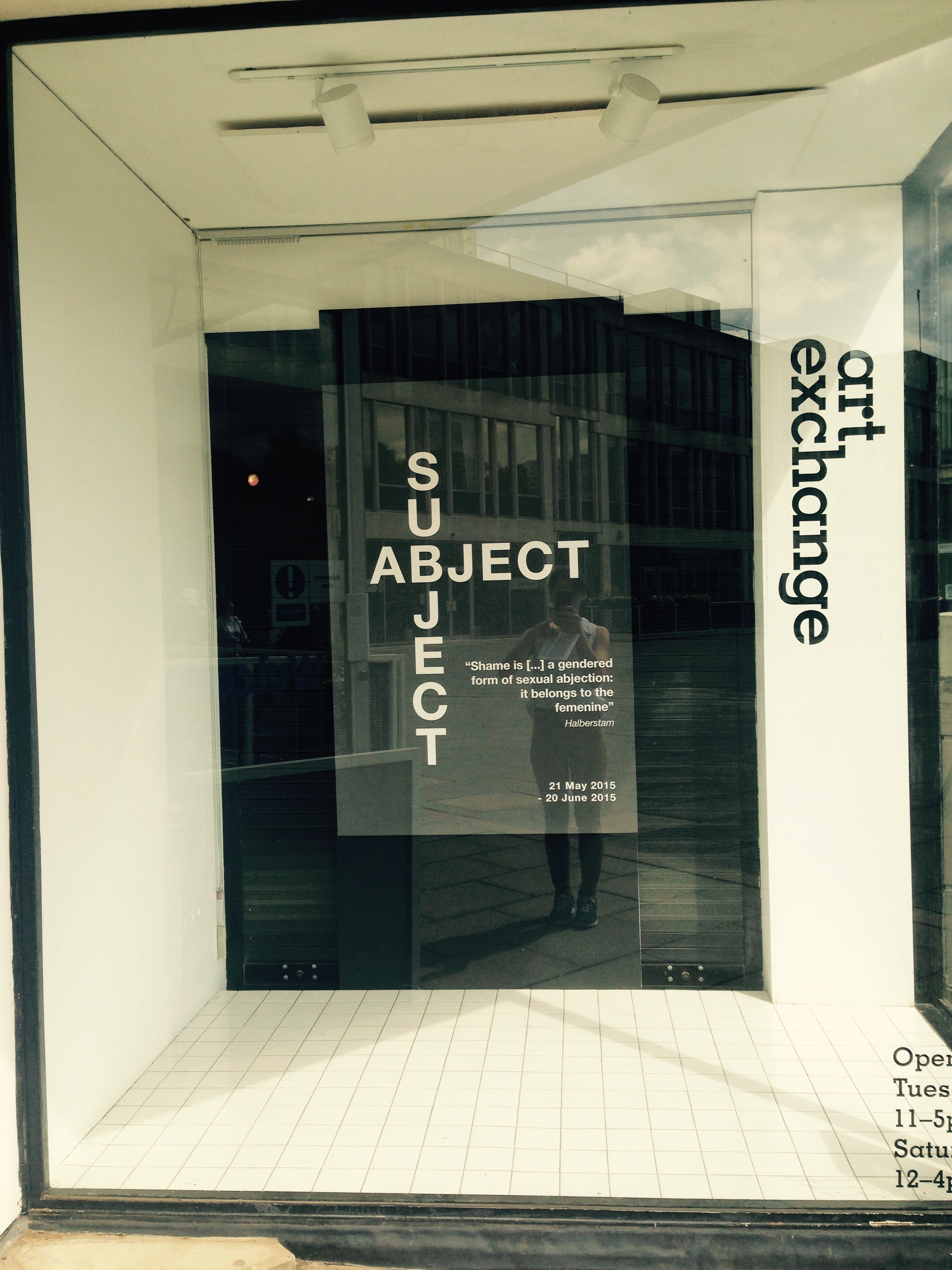
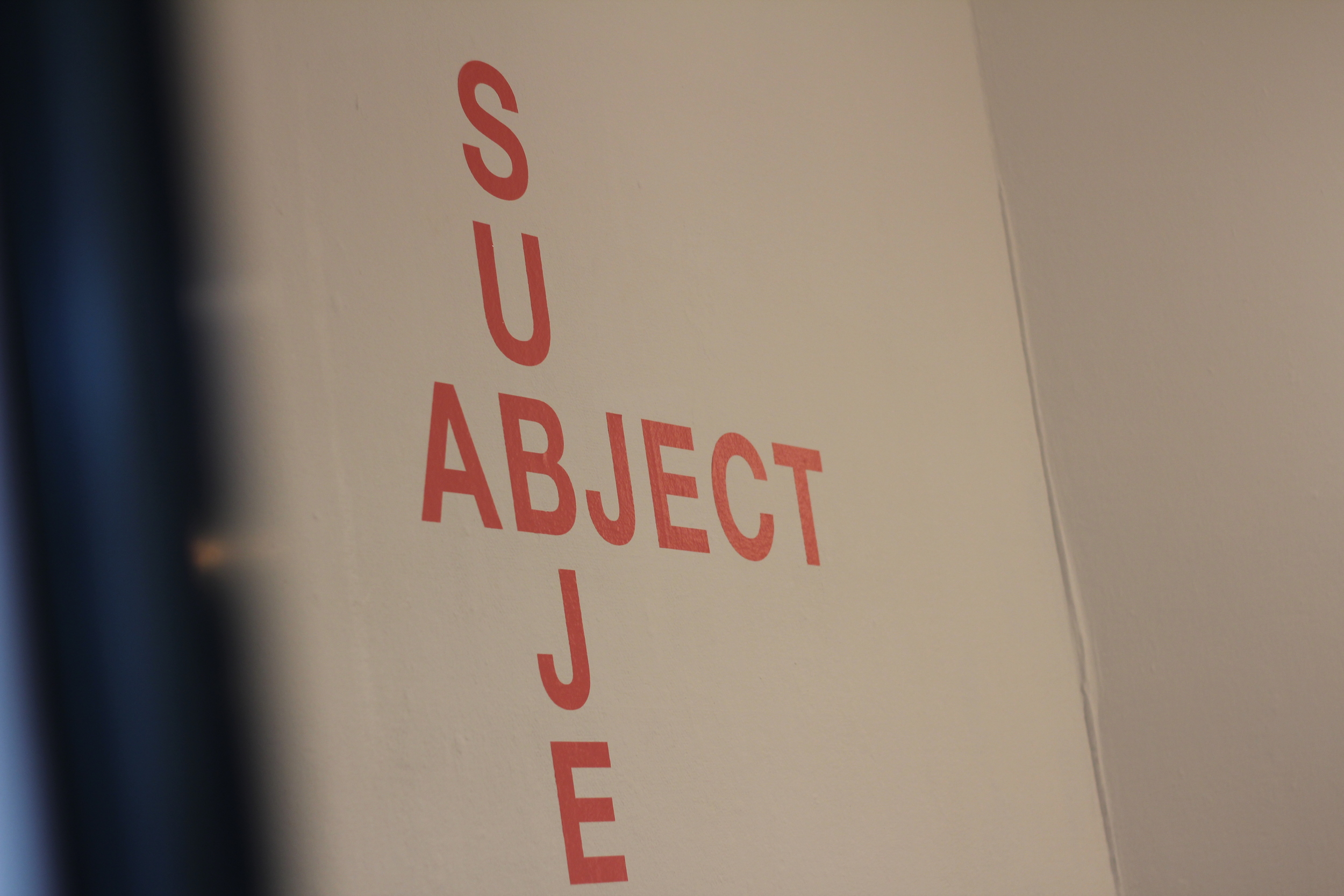
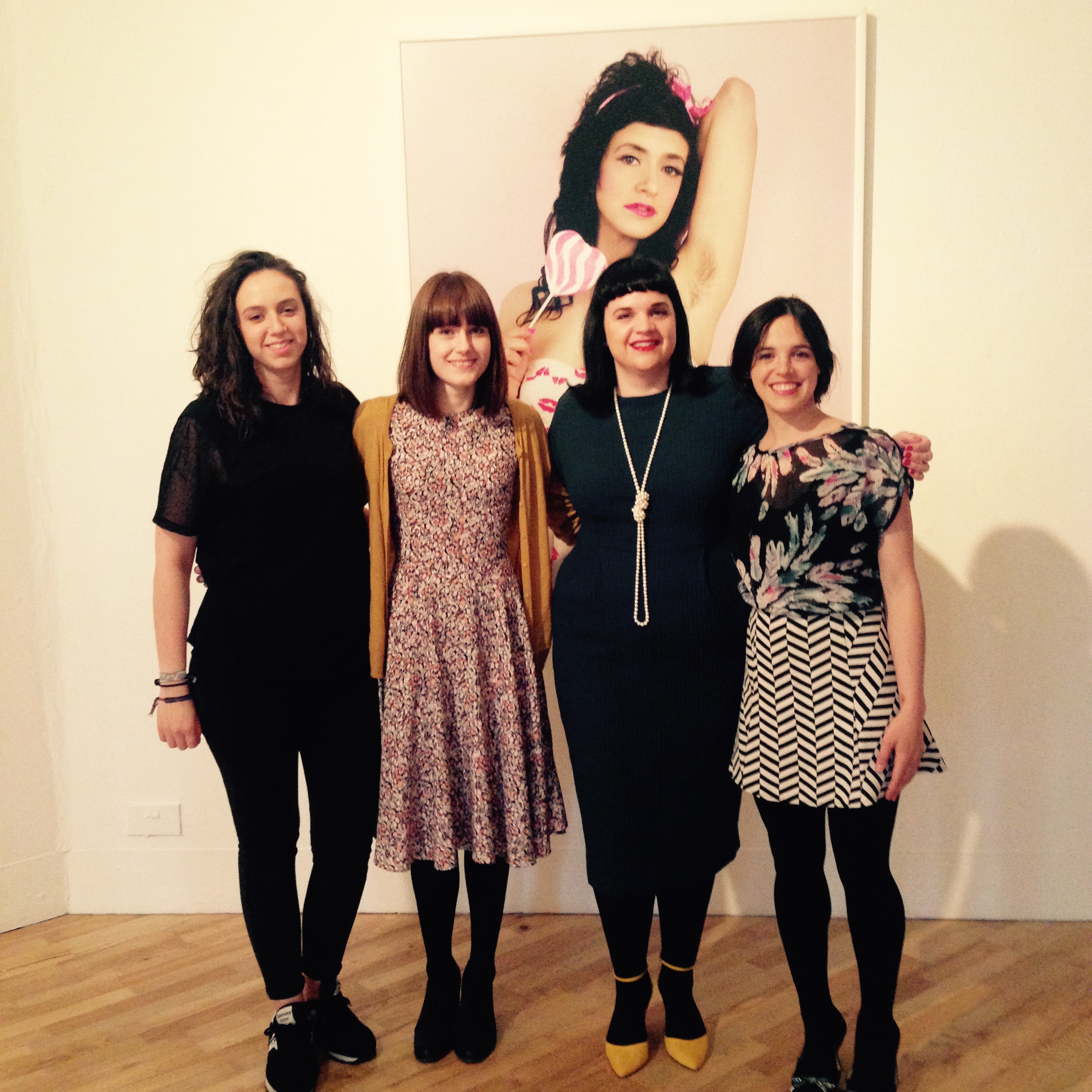
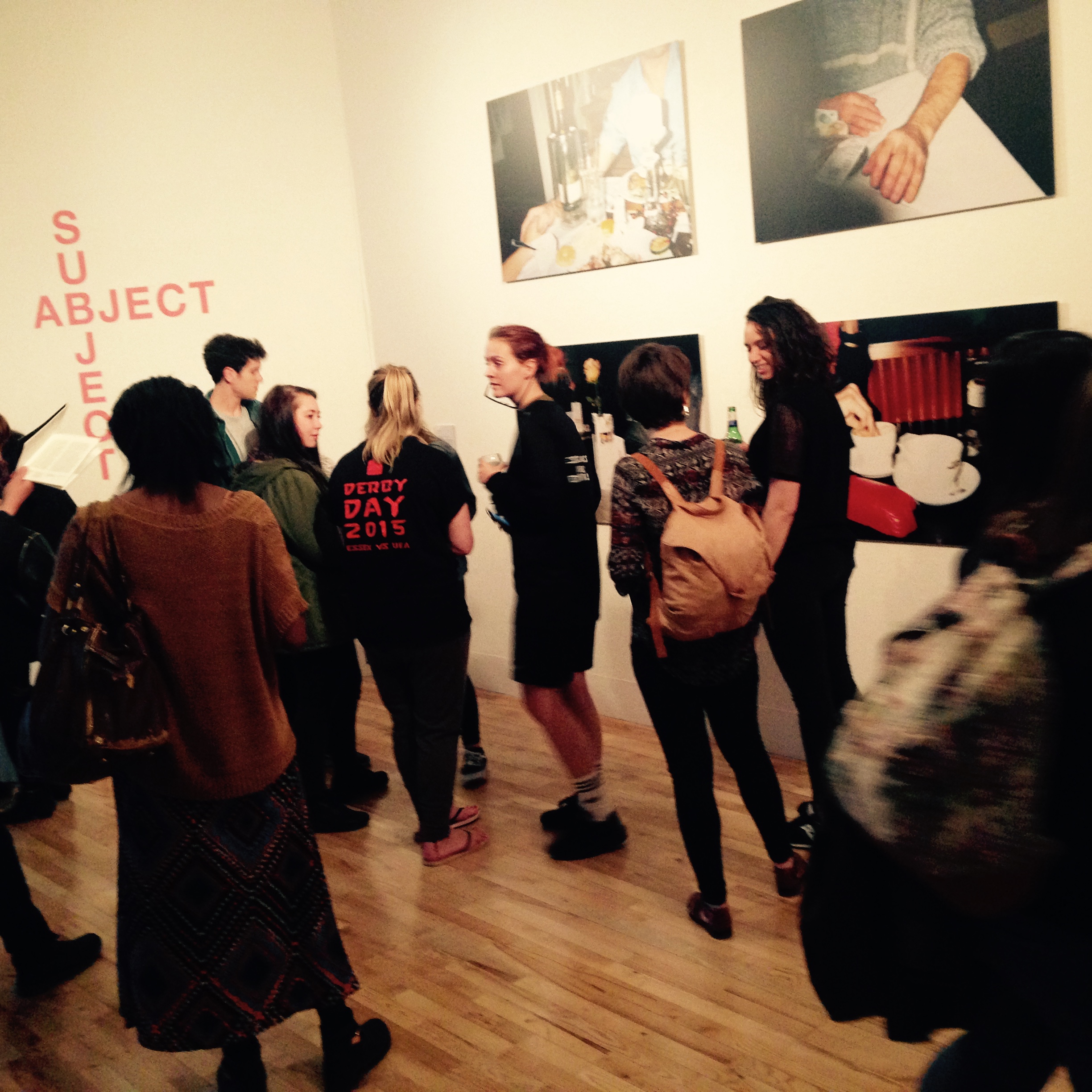
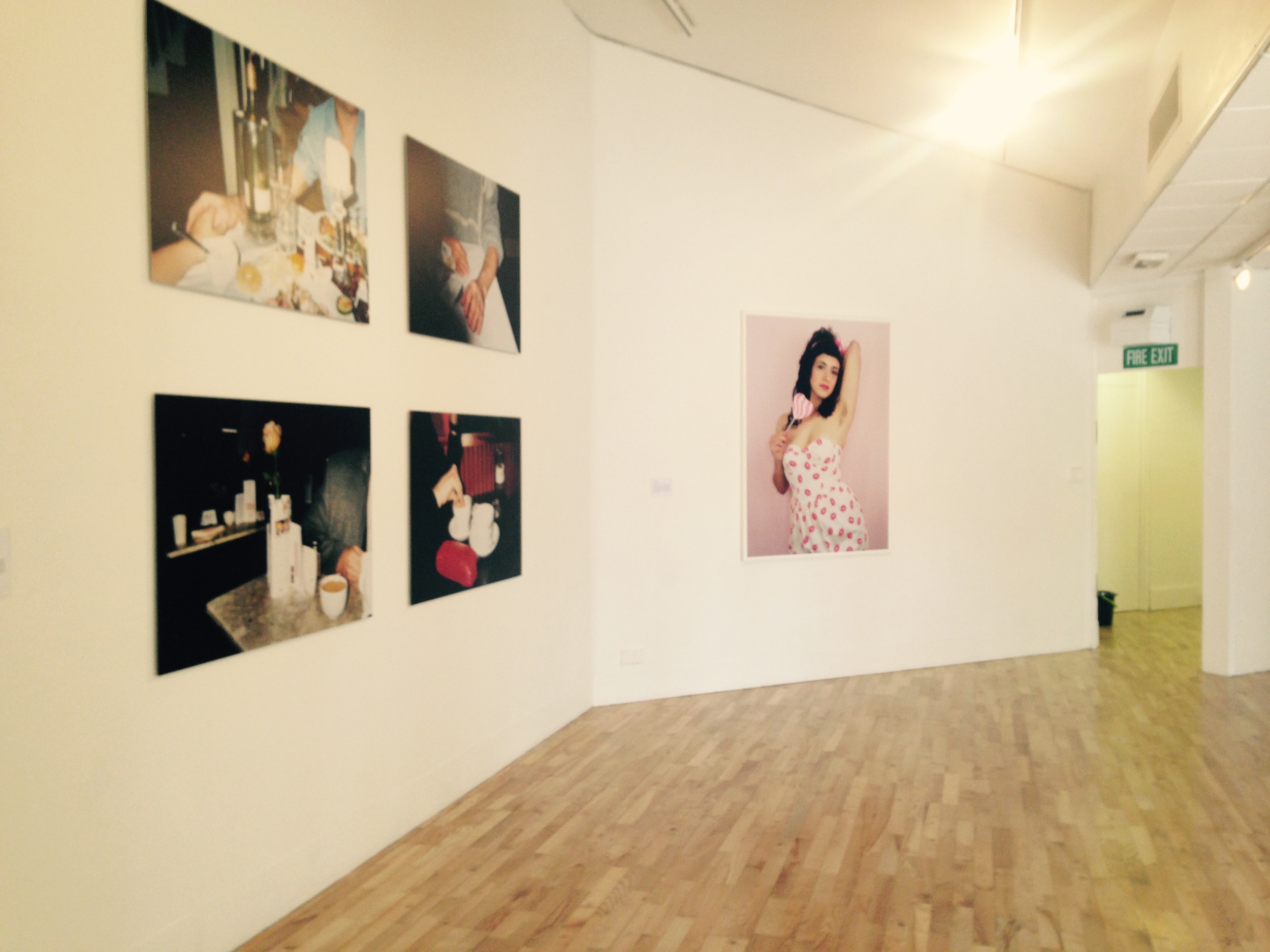
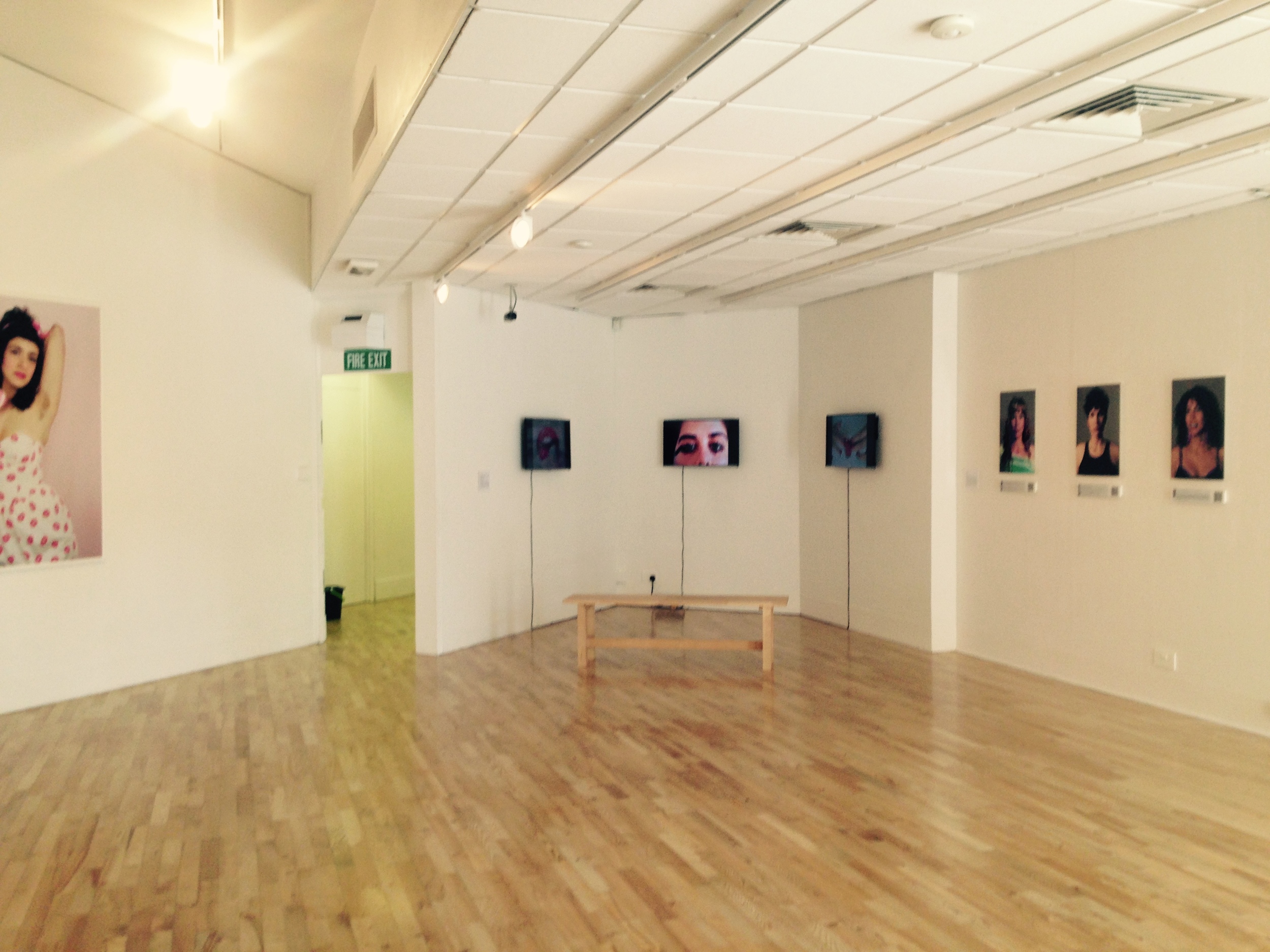

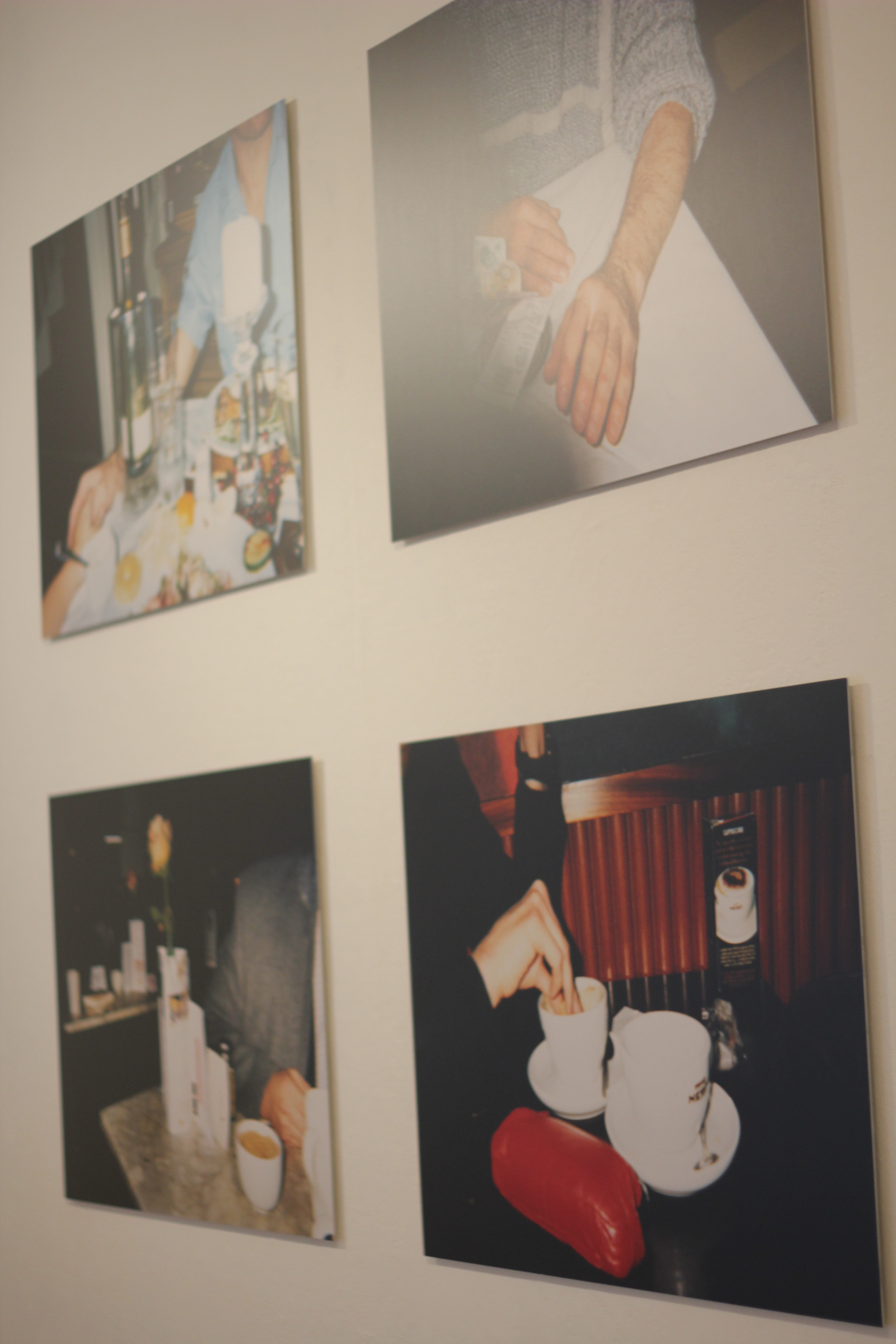

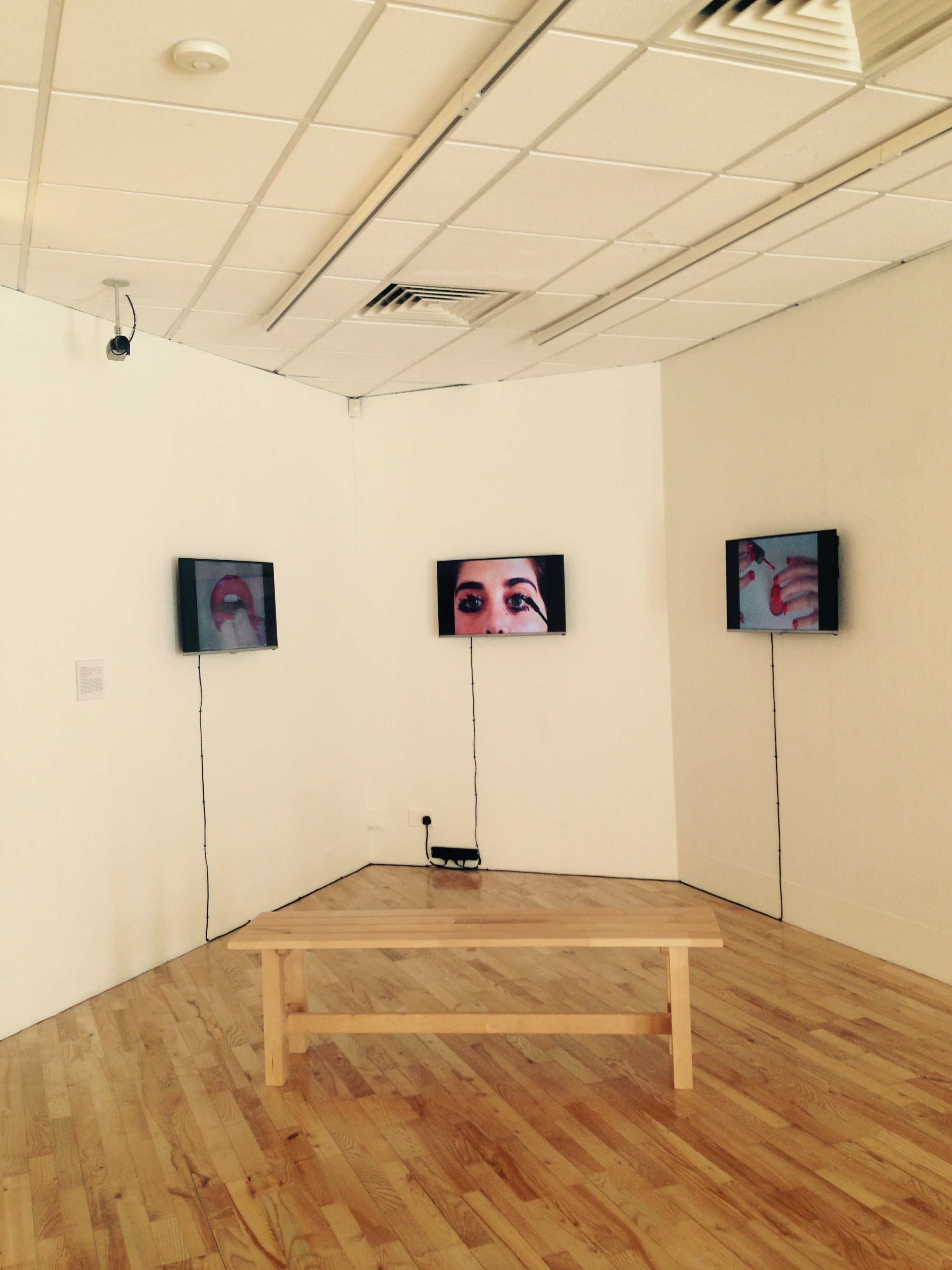


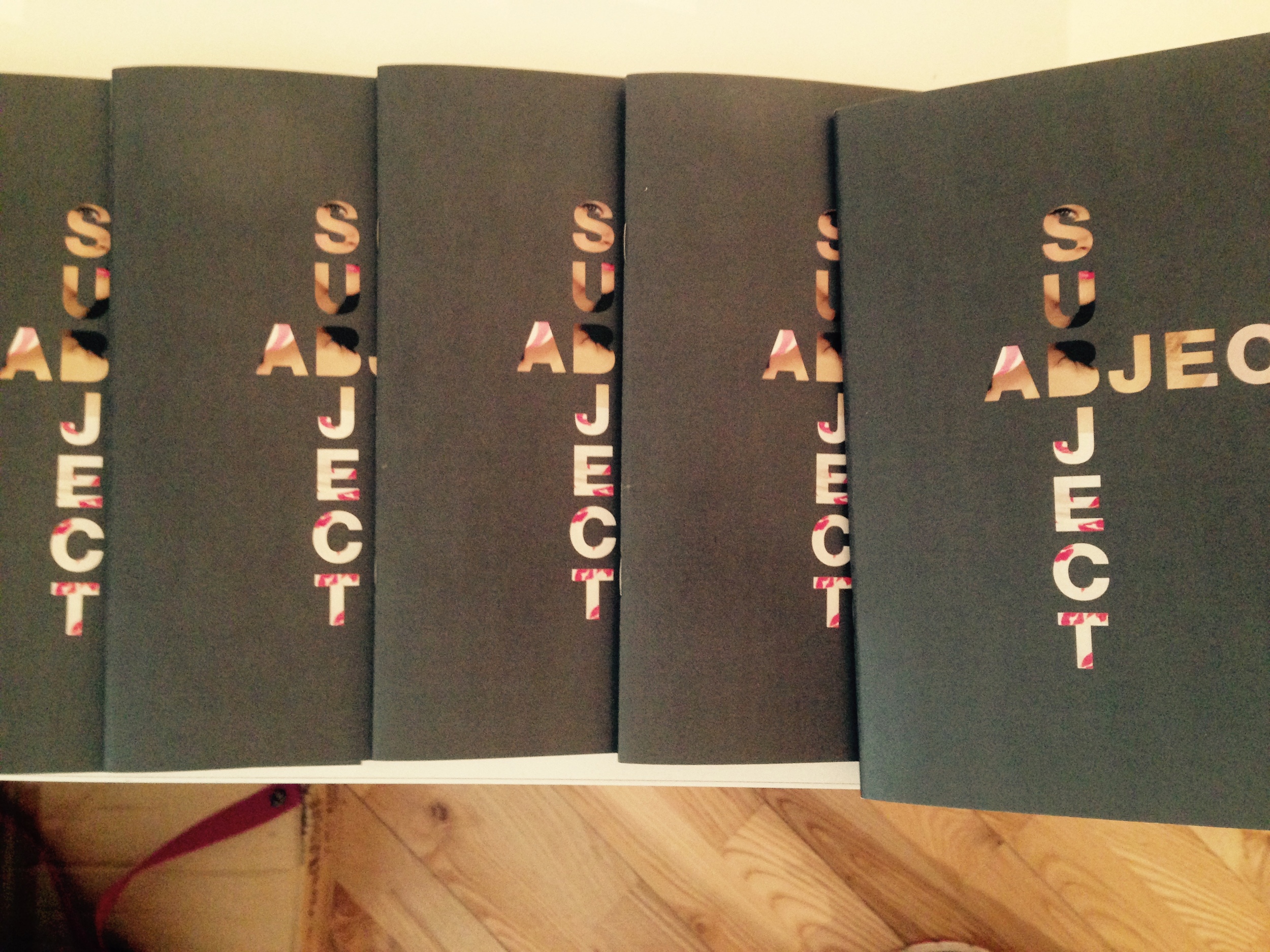
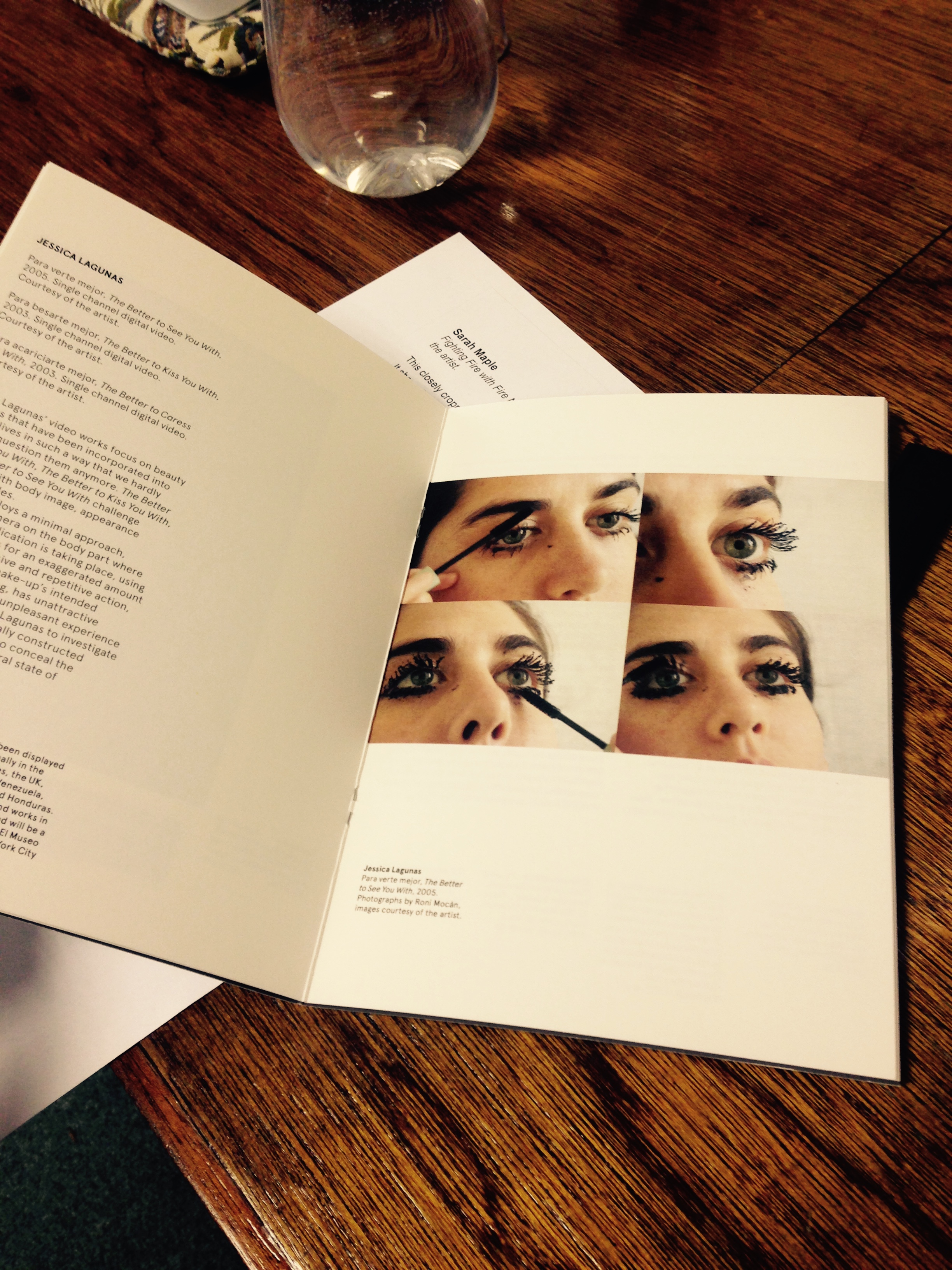
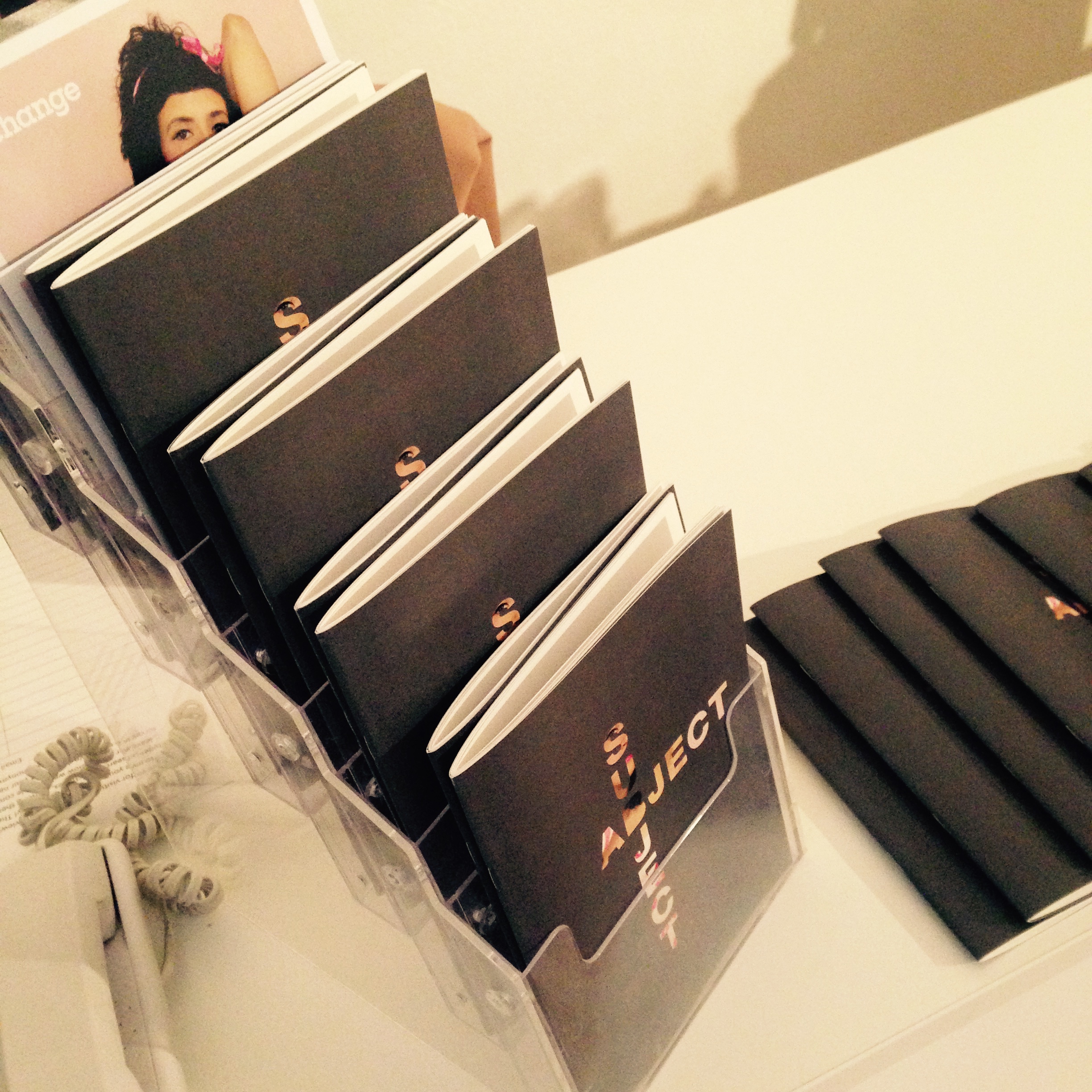
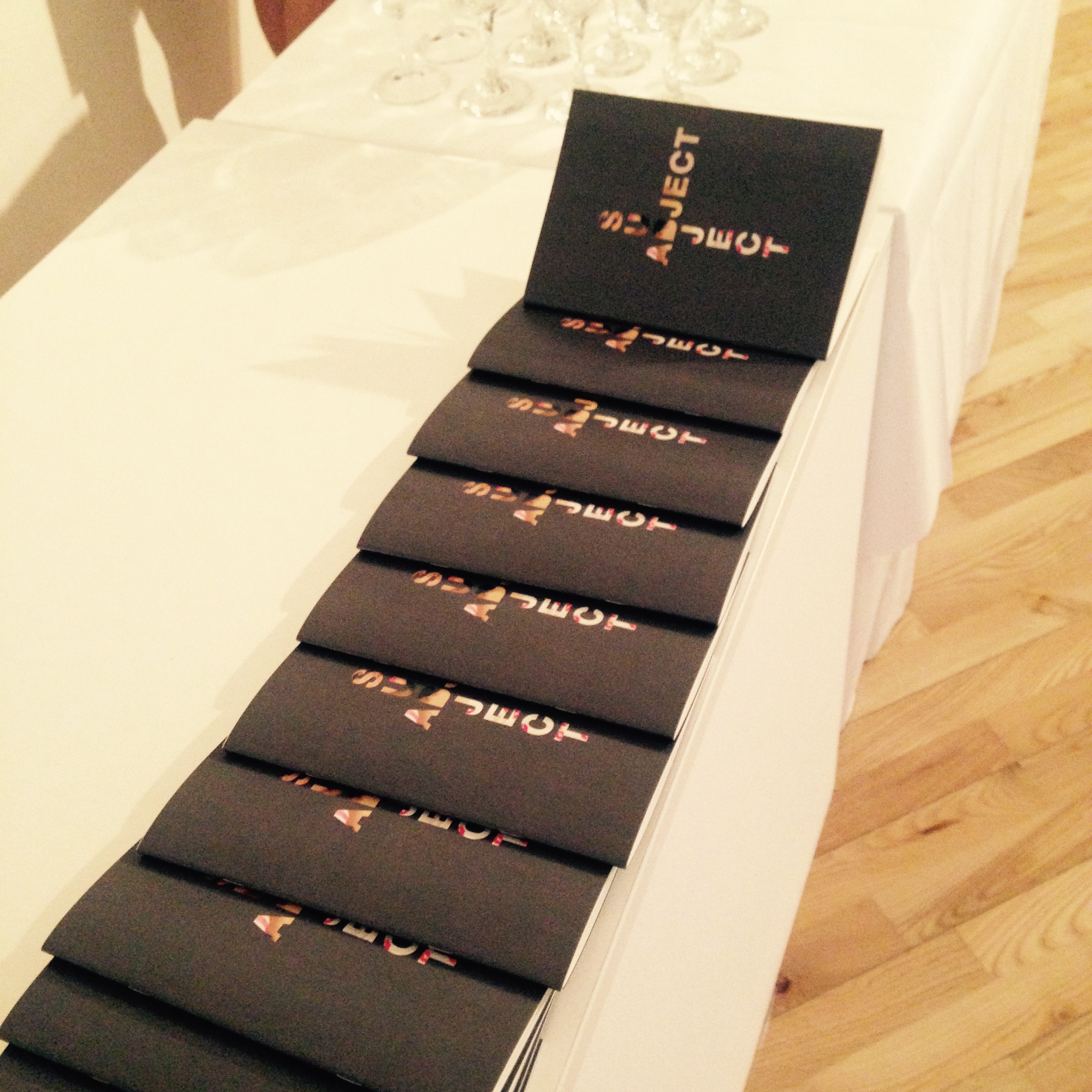
Abject Subject was an exhibition co-curated with Yusra Ali, and Jana Hess, MA students of the Centre for Curatorial Studies and Hannah Cattarin MA student of Art History & Theory at the University of Essex. The exhibition brought together artworks that investigate issues of representation and identity in relation to social expectations that control and repress. In doing so, the show aims to unpack the complexities of the concept of shame. The dialogue established between the works on display will open up discussion about what it is that, in our seemingly liberated culture, can become an object of shame.
In addition to the exhibition, an artists talk was held at Firstsite gallery in Colchester (Lewis Gardens, High Street, Colchester Essex CO1 1JH) featuring Laís Pontes and Natasha Caruana in a conversation.
Shame is a complex concept that plays a key function in our workings as humans and is inherently social. It can be identified as a human emotion, one which we have all felt and experienced at some point in our lives. Although explored within the study of psychoanalysis, it is absent from everyday conversations, perceived as a taboo. Shame functions with identity, the self, and the other. Through acknowledgement of the self that one can feel shame, and ones functioning in society is affected.
Shame allows us as humans to identify ‘wrong behaviours’, it communicates an ideology that we should conform to, regardless of whether it is correct or widely accepted. Shame works within self-evaluation, it is through reflection of the self that shame is imposed. Shame is regularly aligned with the negative, and has ‘bad connotations’ associated with it.